Our New Normal (Turing's Online Future)

Looking back on March of this year – it simultaneously feels like just a few days ago and a year ago. Since mid-March we've moved the whole Turing experience online: from interviews to classes, assessments, and even graduation.
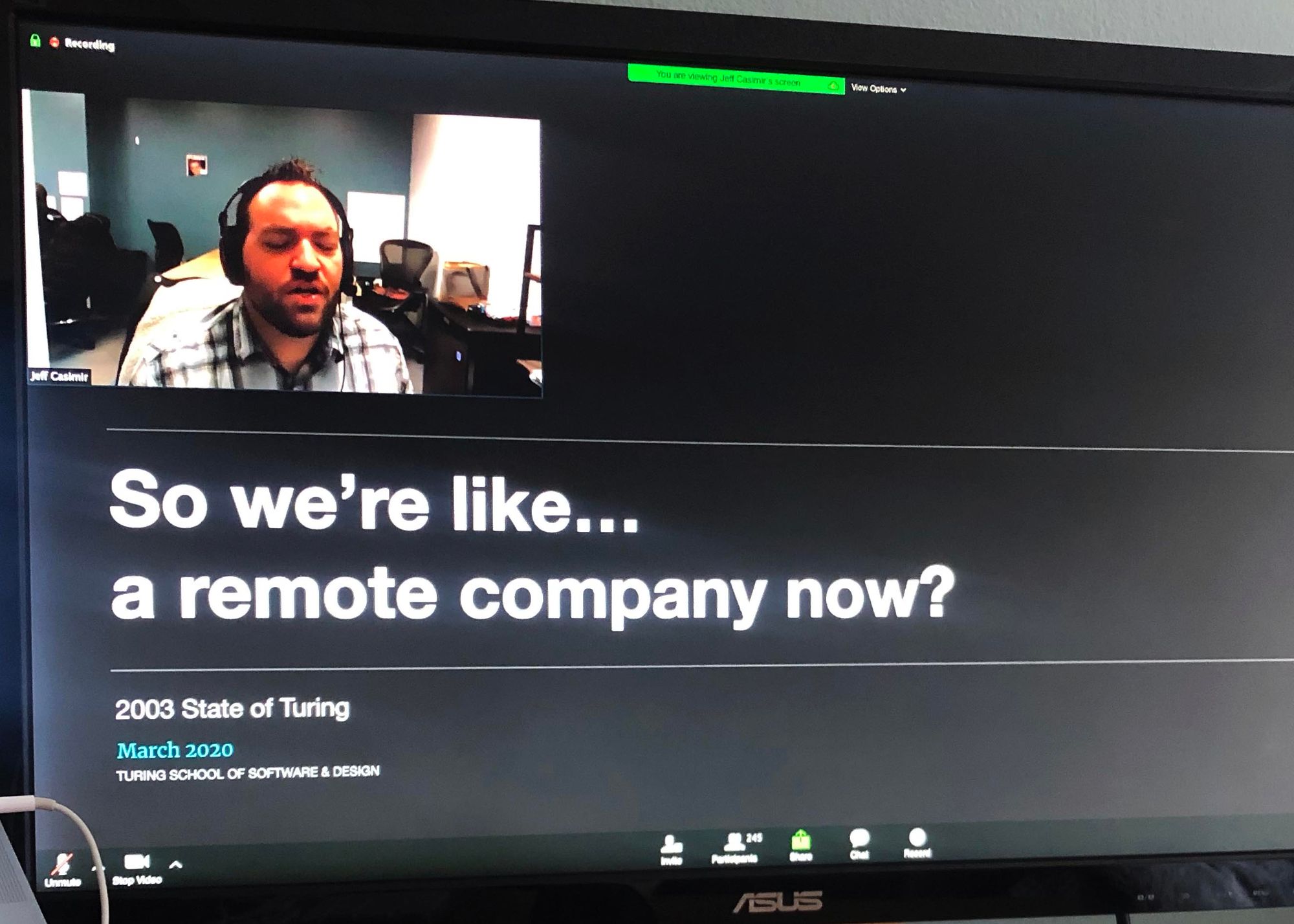
During this time we've proven that students can still be highly successful. Two innings of data have shown us promotion/failure rates consistent with our in-person teaching. Mod 4 students are performing at a high level, hitting the expectations for graduation, and moving into the job hunt.
Finding that first technical job is, of course, more difficult than it's been in the past. But alumni are finding jobs. We've also got the first grads starting fellowships through the Turing+ program and building the next pool of candidates. Employers are starting to be more open-minded about the future and we expect to see jobs rebound strongly through the end of the calendar year.
So Now What?
The world outside of Turing is searching for the way forward. As communities feel mounting economic strain combined with empathy fatigue, the following of simple recommendations like mask wearing and physical distancing are quickly waning. With cities and states are loosening social restrictions, it all leads to a predictable surge in cases of Coronavirus, and now the re-closing of businesses in some states.
For so many activities, environments, and businesses, there's a significant survival pressure: find a way to re-open, even with compromises, or you'll likely run out of money and stay closed for good.
But what about us? The remote version of Turing isn't as fun. There are fewer opportunities for impromptu conversations. Community gatherings are a bit more rigid. Meeting with group mates over Zoom for hours at a time is less engaging than a late night of work in the Turing basement.
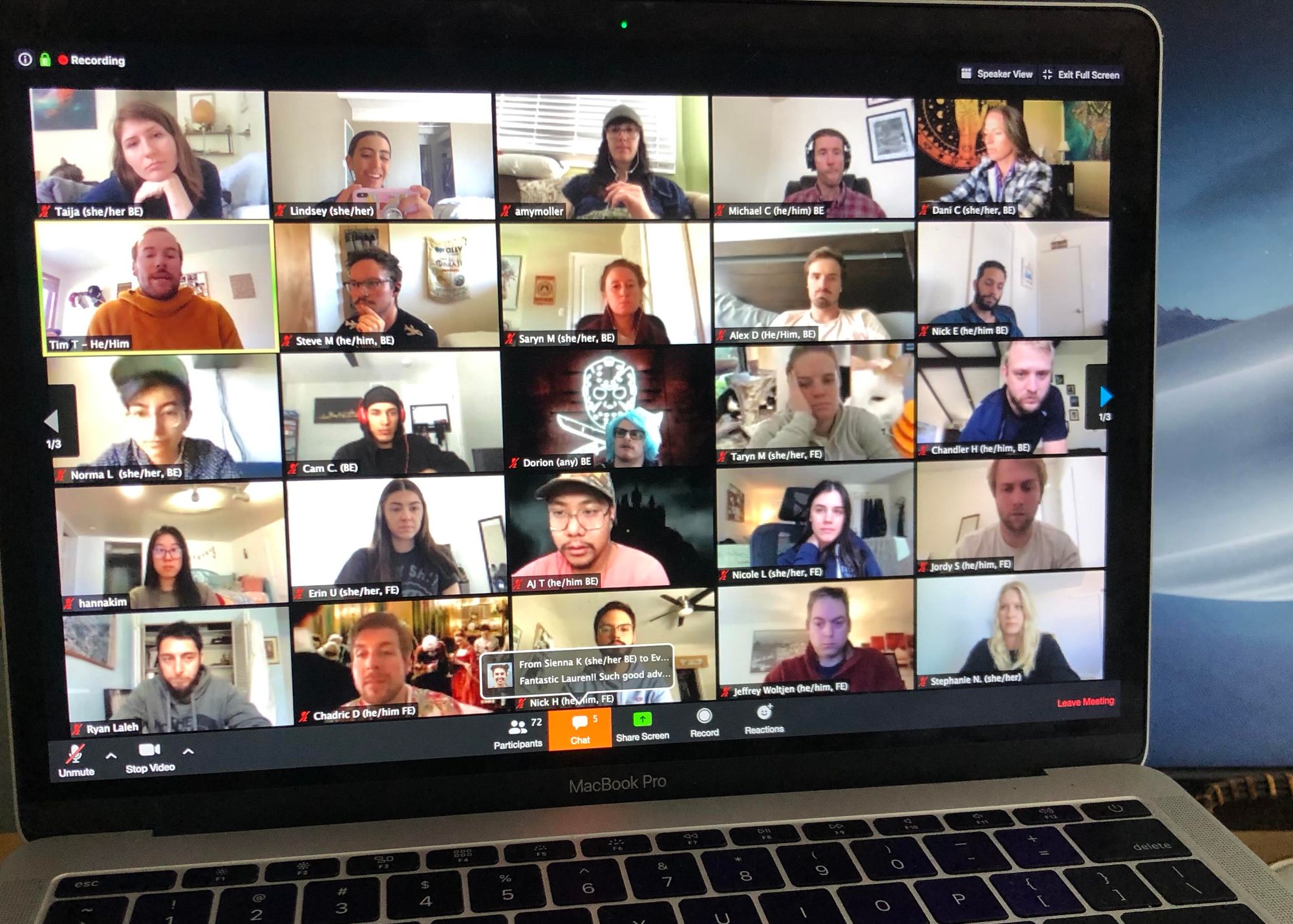
But the outcomes are the same. The work is the same. The quality is the same. The biggest challenge, a slow job market, isn't affected by whether Turing is in-person or remote.
And when we think of life in the Turing basement it sounds like a terrible scenario for this virus. Like a movie-theater, people pass through confined common areas during movement surges to then occupy a dense space together for long stretches of time. There's little opportunity for fresh air (even above-ground office windows usually don't open), and even a robust disinfecting program would still leave many opportunities for viral transmission.
It could start just fine. We could have classes and events in person, enjoy being in community together, and feel like we're back to normal life. Then, as we're now seeing in other environments, one person will come in unknowingly contagious and infect forty or sixty people in a day. Even caught quickly, we'd see huge disruption to our academic work and tremendous pain suffered, in aggregate, by those individuals. People might die or suffer permanent lung damage.
I think about what that day would feel like – praying for someone to make it out of the hospital or attending another student funeral. And, in that moment, how would I feel about those choices? Would I think "this sacrifice was worth it"? Or even "they knew the risks so it's not my problem"?
It'd instead be "they trusted us to help them become the person they wanted to be, and now we're here." That's not acceptable.
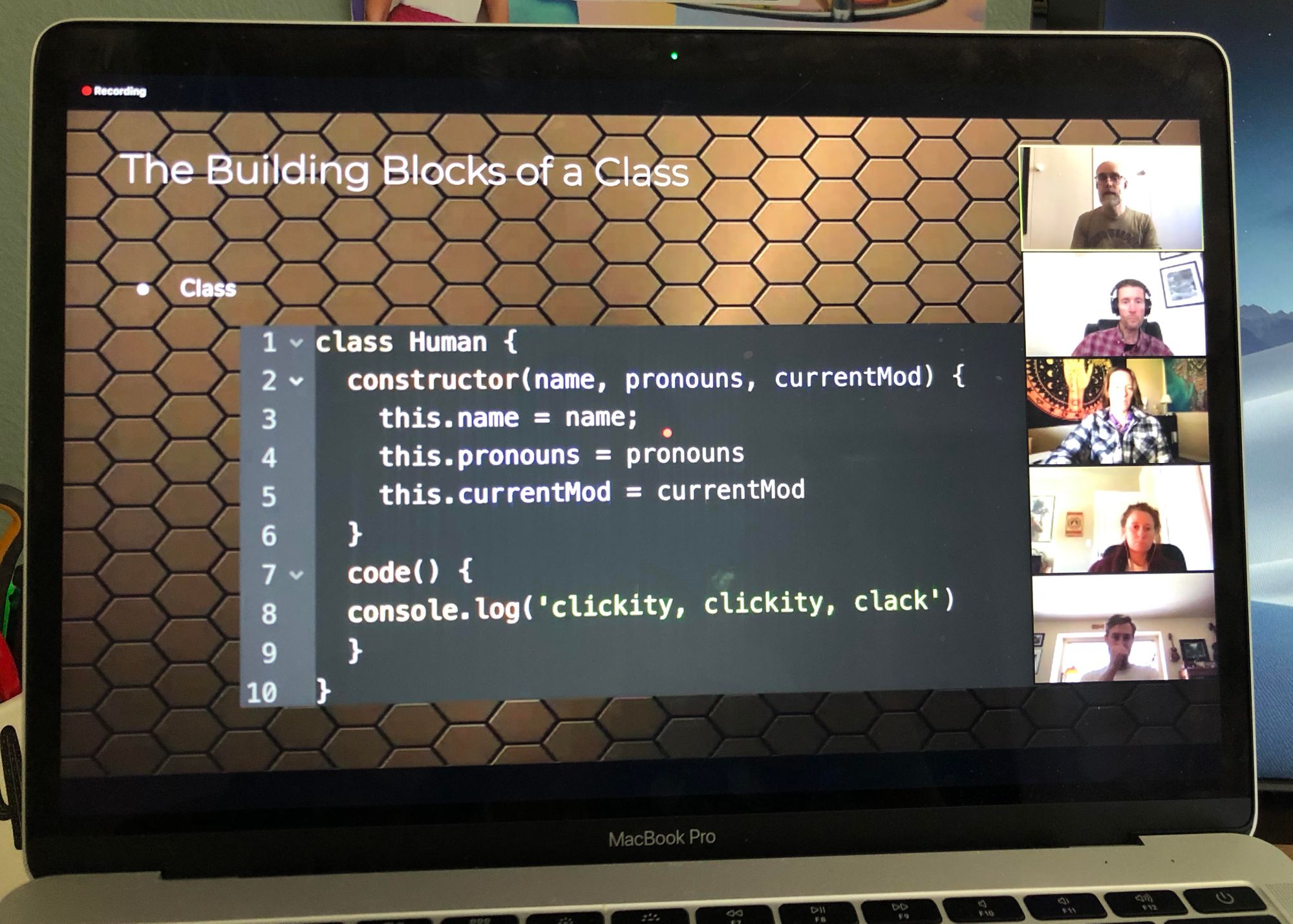
Finding Certainty Amongst Uncertainty
One of the toughest aspects of this whole virus situation is the not-knowing. Not knowing who is sick and who isn't, what's safe and what isn't, when things will change and how they'll change.
There's a privilege in creating certainty amongst the uncertainty. You've probably done this yourself as you make personal rules for re-entering social life. Pre-Making decisions where we can allows us the cognitive space to deal with the complexities of the moment. Or, in reverse, uncertainty about our long-term plans undercuts our ability to experience joy and success today.
Up to this point we've made decisions about Turing about six weeks in advance. But, as current and incoming students try to find their own stability amongst the instability, having that schedule uncertainty makes other decisions shaky. We've decided to extend the timeline.
From now through at least January 22, 2021 all Turing functions will be conducted "remote-first." That means that remote work will remain the normal expectation and students are welcome to participate in that work from wherever they see fit.
It's possible and even likely that some in-person interactions happen before January. For instance, there might be a critical mass of students in a given cohort who say that they want to work together in-person. An instructor can choose to group those students together and let them work that way. Maybe a career coach who themself has already suffered through the virus could offer the choice of in-person or remote sessions. We're open to ideas and possibilities.
But, most importantly, nobody has to. Nobody can be pushed to the margins because most of their cohortmates are present in-person but they choose to stay home. Nobody feels guilty for prioritizing their own health or those of the people in their life. Nobody has to second-guess those decisions and worry that they're missing out. Remote-first means that our plans are made for people working remotely, our success is measured by people working remotely, and our focus is on people working remotely. If there are opportunities for people to do some things in-person, more power to them. But in-person comes second, remote comes first.
Finishing Remotely
It's tough, too, for the incoming student to work with that timeline. If I'm planning to start in August, what if my Mod 1, 2, and 3 are all remote then Mod 4 is in-person? Maybe I choose to stay outside the Denver area. Will I relocate for one module? What if I repeat Module 1 and now need to be in Denver two innings at the end? Our search for certainty has just created different uncertainties.
Our road back to in-person work is complicated, for sure. But here's one thing we can decide now: any student who starts Turing remotely in 2020 (2006, 2008, 2010, or 2011 cohorts) is guaranteed the opportunity to complete Turing remotely. Even if we return to in-person operations with our 2102 start date (February 1, 2021), they'll be ramped up in such a way that those 2006/2008/2010 cohorts can still be remote-first.
The plan for that eventual re-entry is still unclear, but it'll most likely be a phased approach where one start-date we bring just the new Mod1 students in-person and everyone else stays remote. The next start date those now-Mod2 students are in-person and the new Mod1 starts in-person, while Mod3 and Mod4 are still remote. The earliest a plan like that would start is February 2021, but we'll have more perspective to make that decision (or to push it off later) in October 2020.
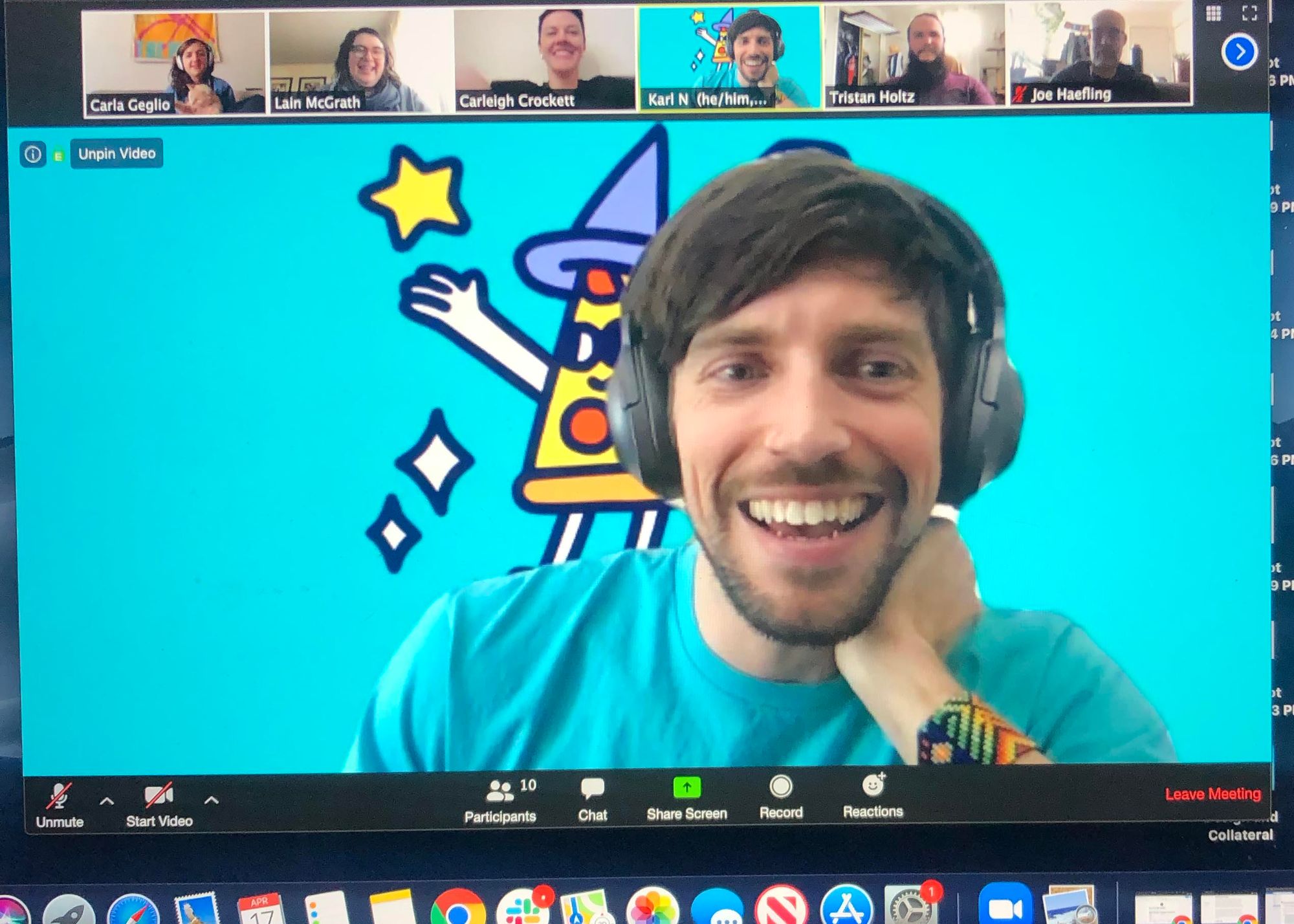
What Makes Us Great
Along the way we have an opportunity to understand ourselves better. What is it that defines the Turing experience? What steps do we take to build community? How do we create meaningful relationships? Amplify important conversations? Choose to opt-in instead of sit back?
All of these things are more difficult when we're remote. So we can push, experiment, iterate, and try again. None of it will come for free, but if we're successful then we can build a world-class remote learning community.
I’m Jeff Casimir, the founder and Executive Director of the Turing School of Software & Design. I'm probably typing in the Zoom-chat-backchannel right now.
This article was written with review and edits from Erin Williams and Lindsey Lucero.
